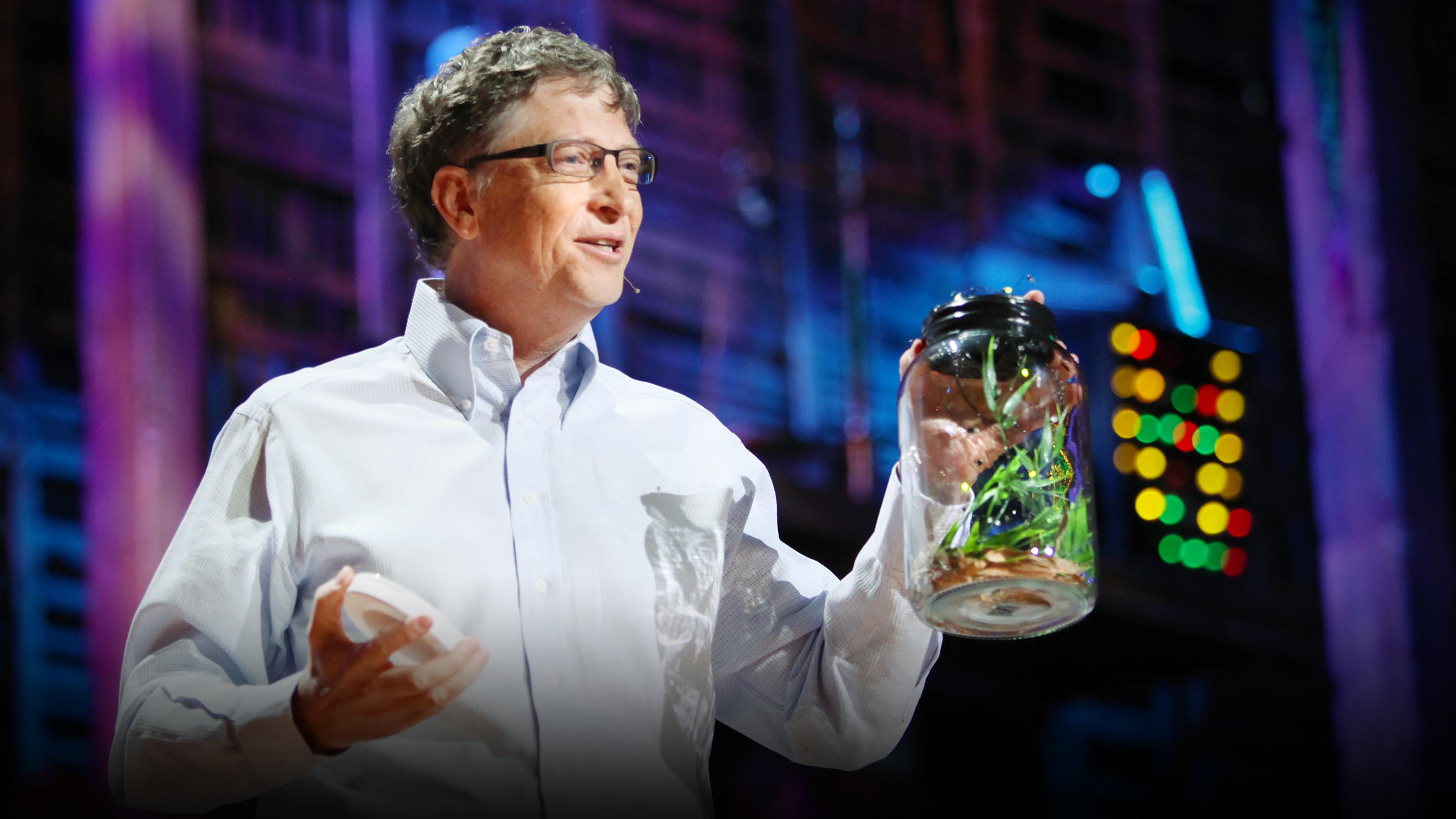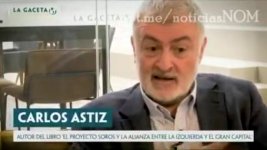"Reducción de la población mediante la vacunación forzosa: la solución al carbono cero".
De esa guisa rezaba el titular del diario The Sovereign Independent.
Portada del 2011
Ver el archivo adjunto 3313496
Lo que antes se advertía, hoy se intenta ejecutar.
PD: También se recojen las declaraciones del célebre Kill Gates: "Hay demasiada gente en este mundo, pero si hacemos un buen trabajo con las nuevas vacunas y etc, podemos bajar el porcentaje quizás hasta el 15%"
LINK AL PDF DEL DIARIO
Esta pagina es de febrero de 2010, la entrevista con Ted Turner en su contexto.
Tomaré extractos:
00:04
I'm going to talk today about energy and climate. And that might seem a bit surprising, because my full-time work at the foundation is mostly about vaccines and seeds, about the things that we need to invent and deliver to help the poorest two billion live better lives. But energy and climate are extremely important to these people;.....
Also, the price of energy is very important to them. In fact, if you could pick just one thing to lower the price of to reduce poverty, by far you would pick energy.....
And so, we're in a wonderful situation with electricity in the rich world. But as we make it cheaper -- and let's say, let's go for making it twice as cheap -- we need to meet a new constraint, and that constraint has to do with CO2.
01:54
CO2 is warming the planet, and the equation on CO2 is actually a very straightforward one. If you sum up the CO2 that gets emitted, that leads to a temperature increase, and that temperature increase leads to some very negative effects: the effects on the weather; perhaps worse, the indirect effects, in that the natural ecosystems can't adjust to these rapid changes, and so you get ecosystem collapses.
Now, the exact amount of how you map from a certain increase of CO2 to what temperature will be, and where the positive feedbacks are -- there's some uncertainty there, but not very much. And there's certainly uncertainty about how bad those effects will be, but they will be extremely bad. I asked the top scientists on this several times: Do we really have to get down to near zero? Can't we just cut it in half or a quarter? And the answer is, until we get near to zero, the temperature will continue to rise....
Now, we put out a lot of carbon dioxide every year -- over 26 billion tons. For each American, it's about 20 tons. For people in poor countries, it's less than one ton....
This equation has four factors, a little bit of multiplication. So you've got a thing on the left, CO2, that you want to get to zero, and that's going to be based on the number of people, the services each person is using on average, the energy, on average, for each service, and the CO2 being put out per unit of energy. So let's look at each one of these, and see how we can get this down to zero. Probably, one of these numbers is going to have to get pretty near to zero...
First, we've got population. The world today has 6.8 billion people. That's headed up to about nine billion. Now, if we do a really great job on new vaccines, health care, reproductive health services, we could lower that by, perhaps, 10 or 15 percent. But there, we see an increase of about 1.3.
04:42
The second factor is the services we use. This encompasses everything: the food we eat, clothing, TV, heating. These are very good things. Getting rid of poverty means providing these services to almost everyone on the planet. And it's a great thing for this number to go up. In the rich world, perhaps the top one billion, we probably could cut back and use less, but every year, this number, on average, is going to go up, and so, overall, that will more than double the services delivered per person. Here we have a very basic service: Do you have lighting in your house to be able to read your homework? And, in fact, these kids don't, so they're going out and reading their schoolwork under the street lamps. ...
At TED2010, Bill Gates unveils his vision for the world's energy future, describing the need for "miracles" to avoid planetary catastrophe and explaining why he's backing a dramatically different type of nuclear reactor. The necessary goal? Zero carbon emissions globally by 2050.

www.ted.com
Si no entiendes inglés te traduzco.







